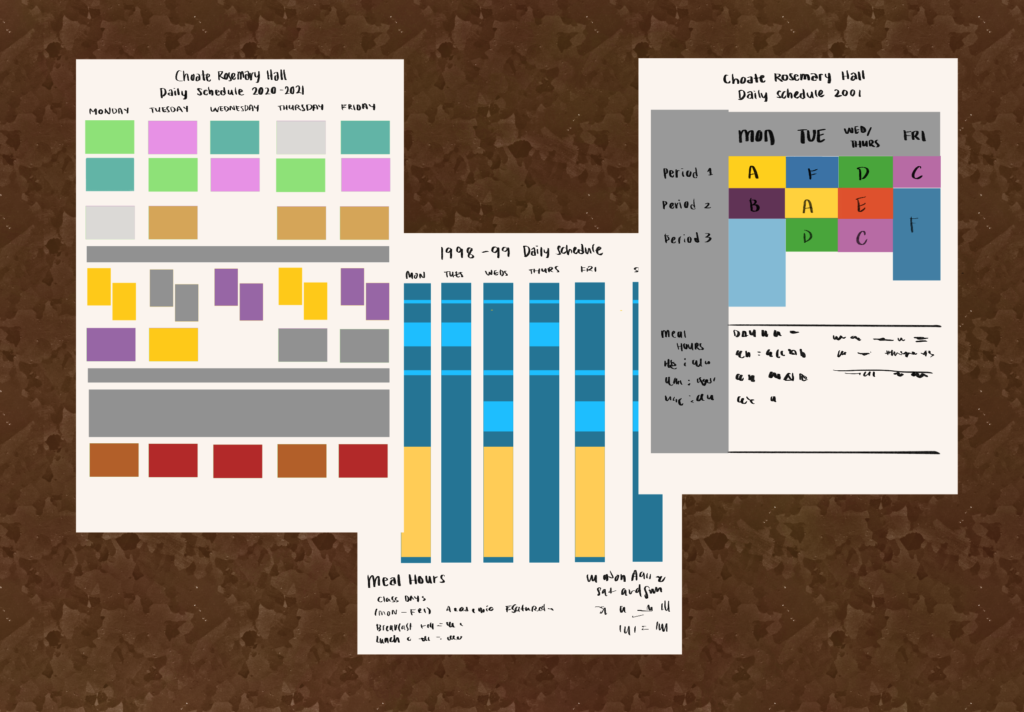Before last Wednesday, Chloe Choi ’19, a returning sophomore from Seoul, South Korea, and Imad Rizvi ’18, a three-year junior from Glastonbury, Conn., had never so much as heard the other’s name. They agreed to meet for the first time in the Lanphier Center Café to discuss one topic.
Here is an abridged transcript of their conversation.
Are there concepts that can’t be expressed by words?
CC: Don’t you feel like you just can’t describe love in words?
IR: Well, I mean, you have the word “love” to describe it.
CC: But how can you describe if you love someone?
IR: You have that word to describe that concept.
CC: It’s confusing to tell if you like someone or if you love someone. That’s where I think the word seems unclear.
IR: And I guess, too, there are certain ideas that don’t have voices, like a lot of things having to do with identity, in terms of personal beliefs, religious beliefs, or political beliefs. Those labels can almost be kind of random, in a way. You might not have one set way of describing them to other people.
CC: Like the concept of “home.” It’s not something you can say in words, but it’s something you can feel inside. This café could be your home, in some sense. There’s no singular definition of it. But you can’t just talk it through.
IR: But, then again, you do have those words to describe “home.”
CC: Hmm.
IR: There are also words that aren’t easily translatable between languages. That’s true in a lot of languages, where some words only exist to describe a unique cultural situation, or just because one country came up with that word and another country didn’t. I feel like there are some words across languages that we don’t have the means to express. Even when you translate a word, it’s hard to get the exact meaning. In that way, there might be words for it, but you can’t actually describe it to someone else.
CC: It’s the same way with idioms. Like “letting the cat out of the bag.” In another country, that could be considered animal violence, but here, it means something completely different.
IR: So a lot of things you just have to describe for yourself, because there might not be the words to convey them to someone else. You can feel them, even if you can’t accurately describe those feelings to other people.
CC: Why do you think that is?
IR: I think there are words that describe such a range of things that they don’t accurately reflect a certain feeling. When someone says they’re sad, for example, you don’t know to what extent or why. There are a lot of other reasons that come into play.




